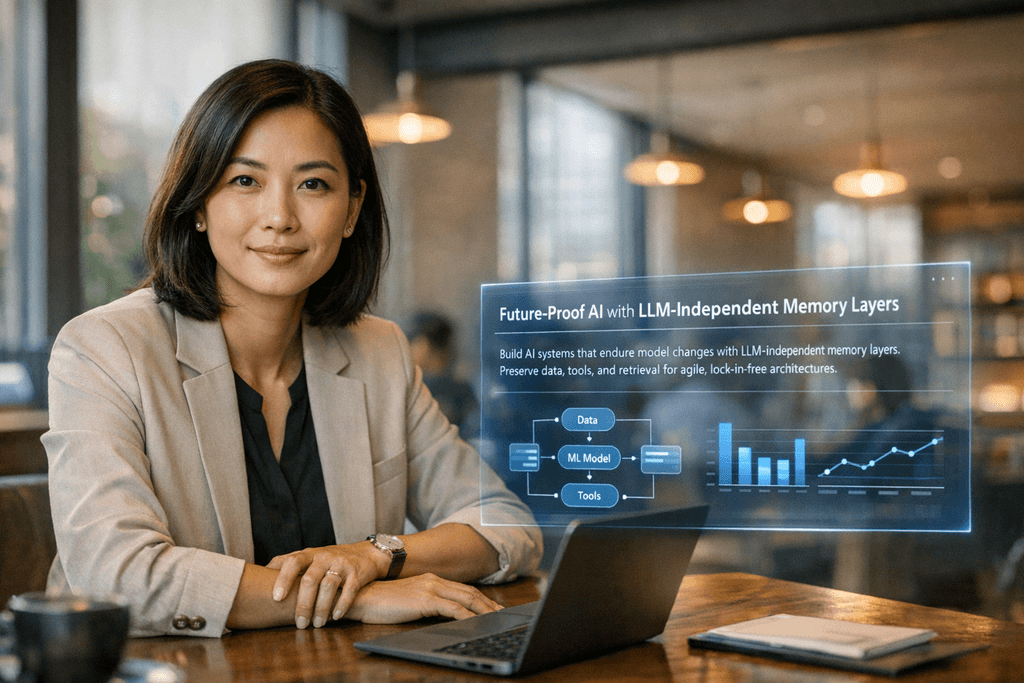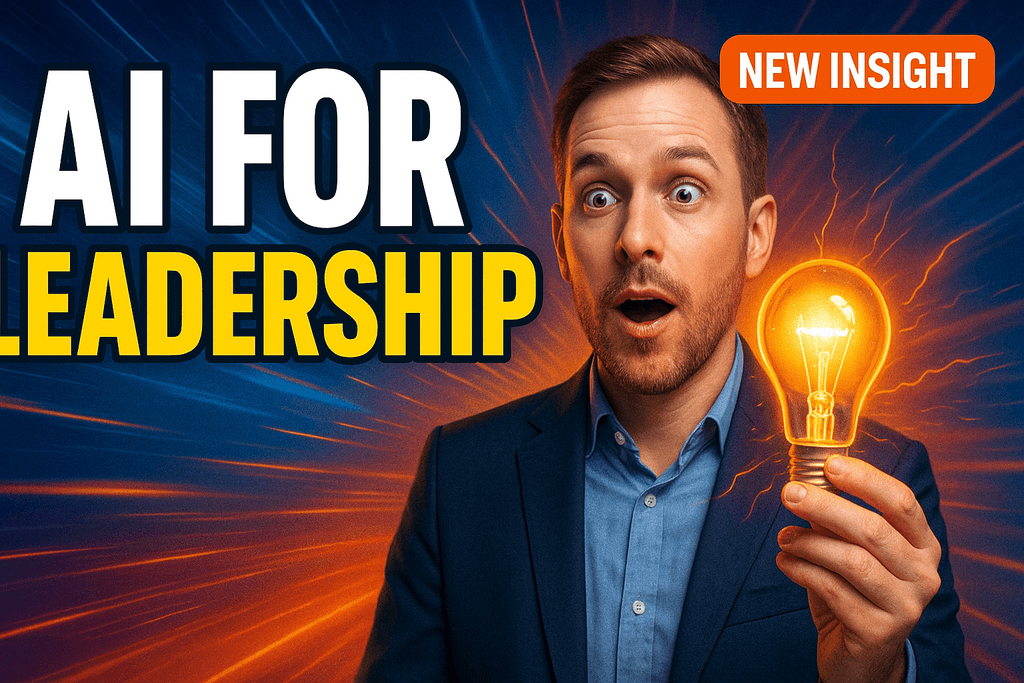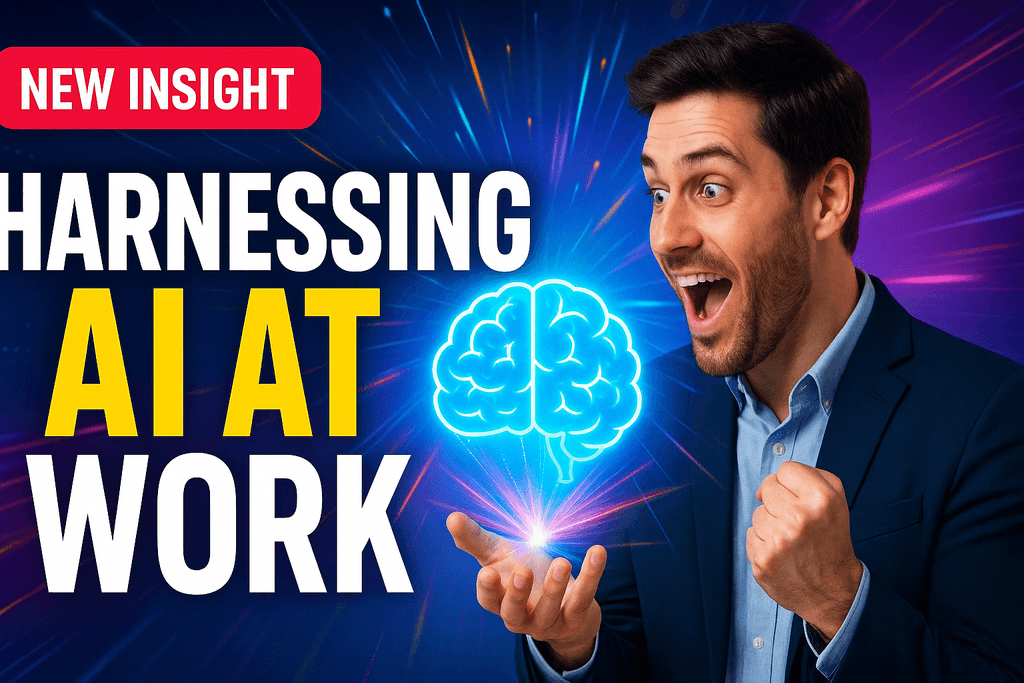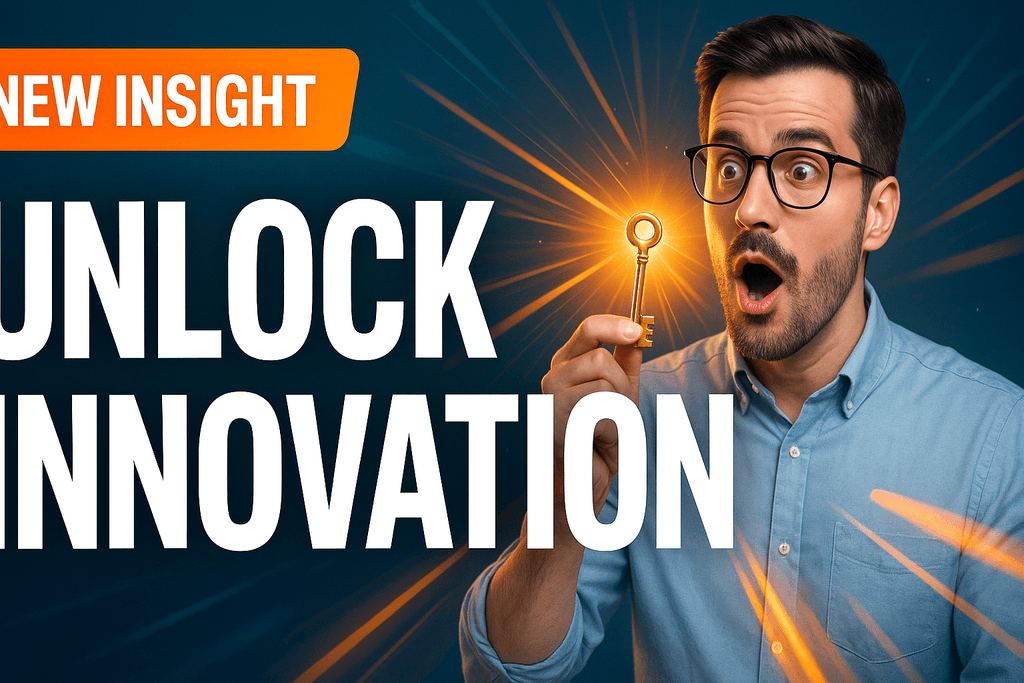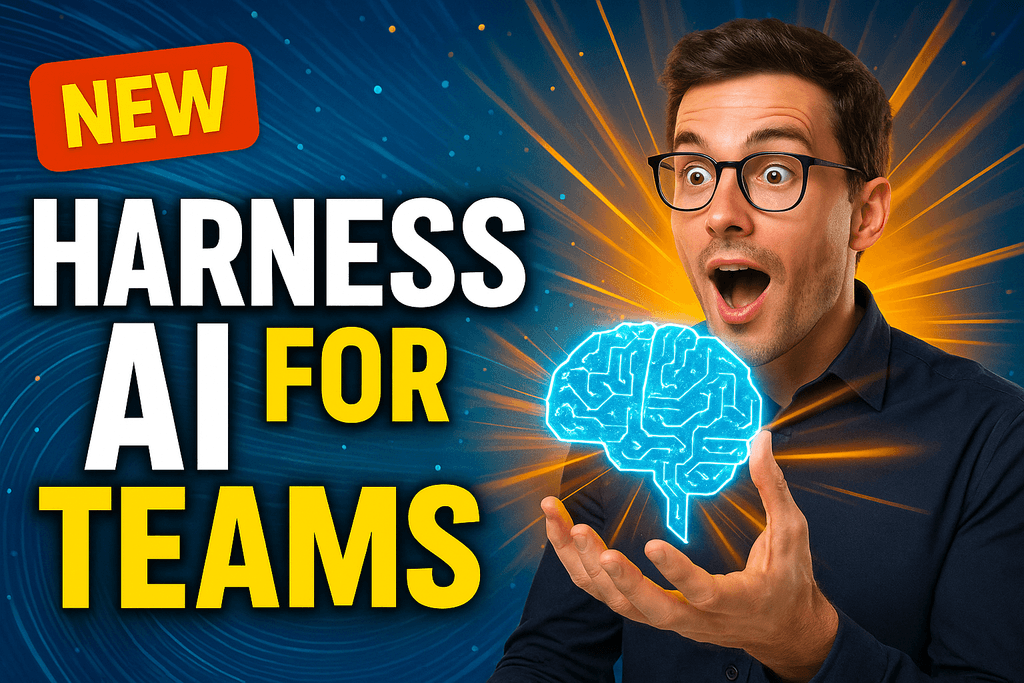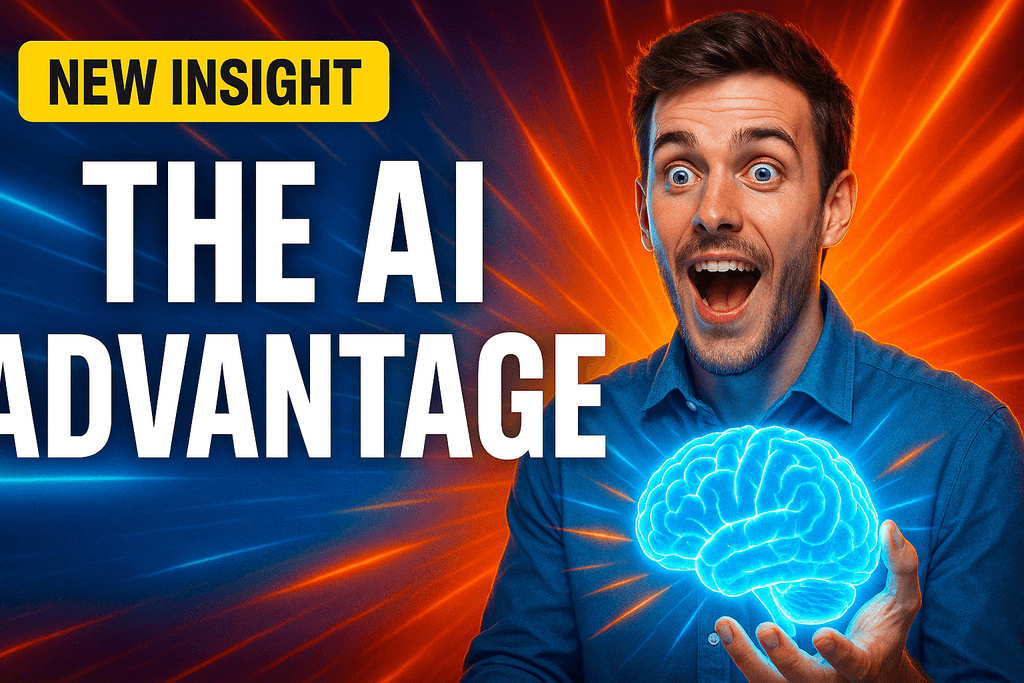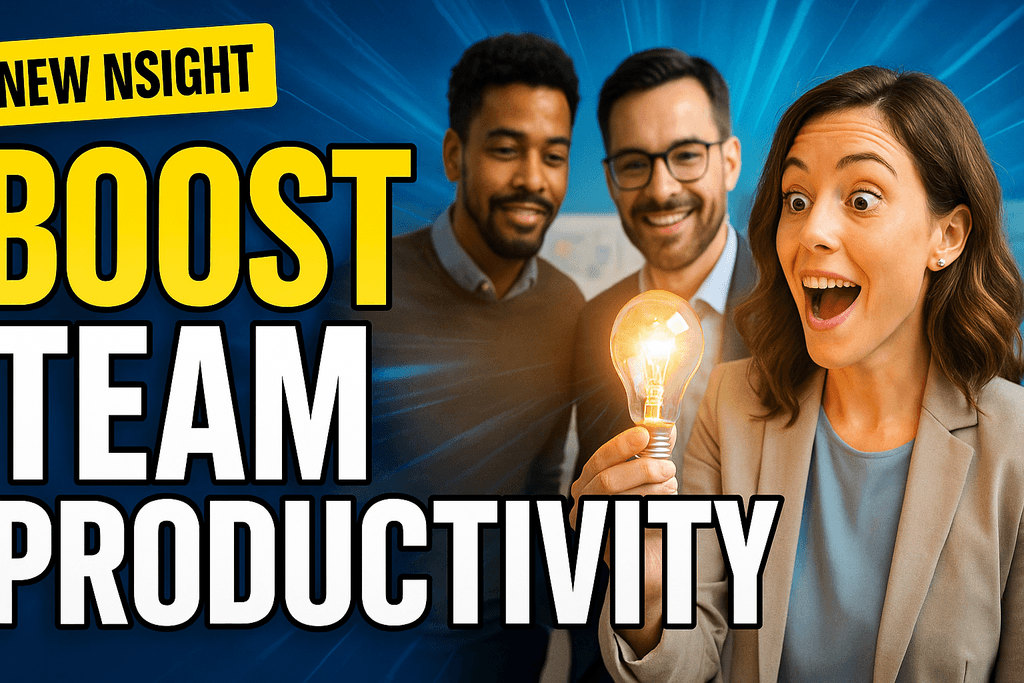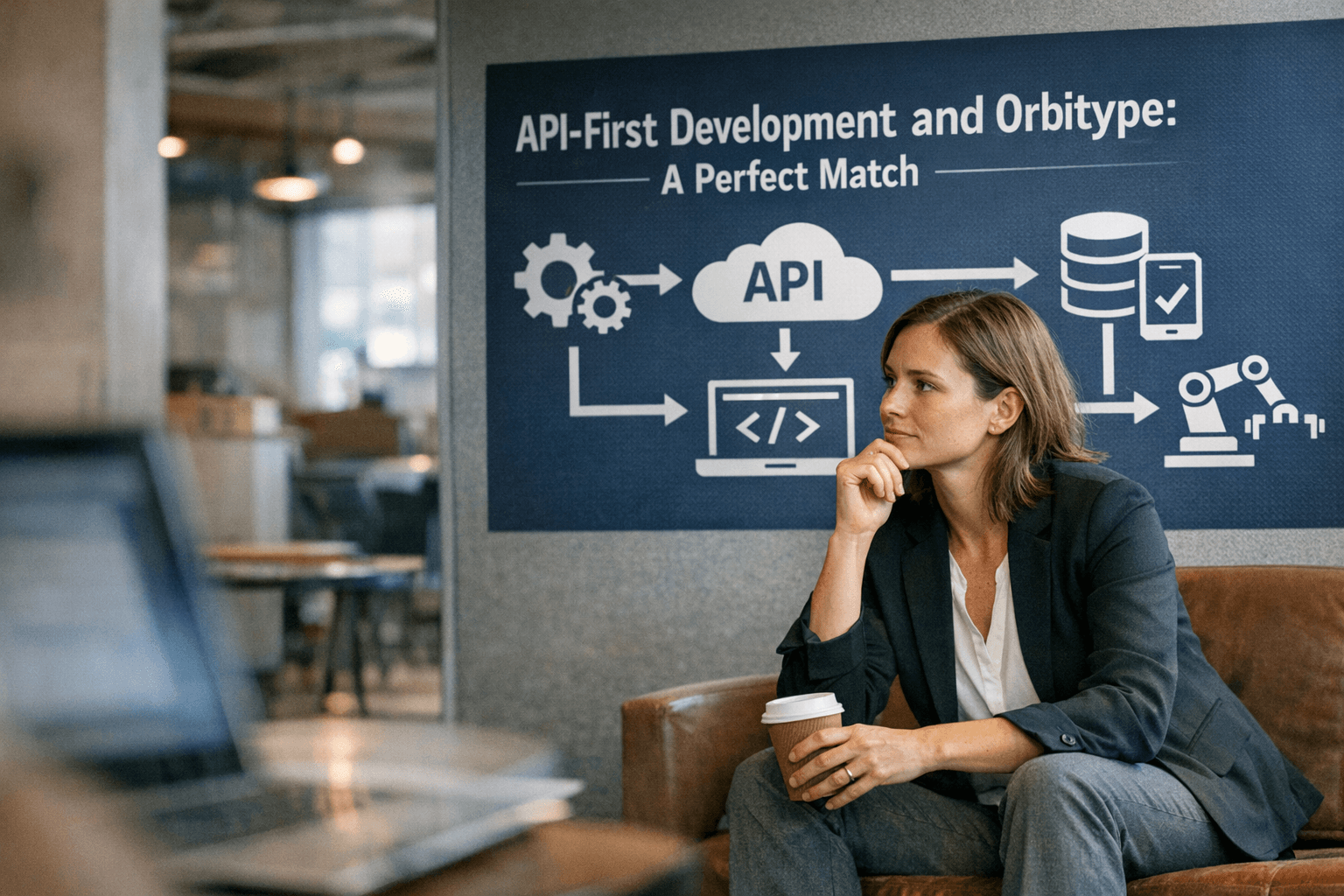
Table of Contents
API-First Development: Foundation for Modern Applications
API-First-Entwicklung revolutioniert die Art, wie moderne Webanwendungen konzipiert und entwickelt werden. Dieser Ansatz stellt APIs in den Mittelpunkt des Entwicklungsprozesses und schafft dadurch eine solide Grundlage für skalierbare, flexible Systeme.
Design Before Code: APIs are designed and agreed upon before any code is written. This ensures that all stakeholders, including developers, designers, and business analysts, have a clear understanding of the API's functionality and behavior.
Consistency and Standardization: API-first development promotes consistency and standardization across the entire development process. By having a defined API contract, teams can ensure that different parts of the application interact seamlessly.
Improved Collaboration: With a clear API design in place, teams can work in parallel. Front-end and back-end developers can work simultaneously without waiting for each other, leading to faster development cycles.
Orbitype's Agentic Cloud OS: Beyond Traditional CMS
Orbitype represents a paradigm shift from traditional content management systems to an Agentic Cloud OS – a comprehensive platform where diverse use cases can be built, from headless CMS to CRM and ERP systems. At its core, Orbitype combines PostgreSQL databases with cloud storage (S3), enhanced by compute resources, workflow automation, and third-party API integrations.
What sets Orbitype apart is its integrated AI workforce – intelligent agents that have access to all data and processes, enabling sophisticated automation and analysis. This architectural approach means virtually any digital application can be realized flexibly, scalably, and without vendor lock-in.
Flexibility: Orbitype allows developers to use any front-end technology of their choice, whether it's React, Angular, Vue.js, or even static site generators.
AI-Powered Automation: Built-in AI agents automate complex workflows, from content management to customer interactions, reducing manual overhead significantly.
Robust API Capabilities: Orbitype provides powerful APIs that enable seamless integration with various systems and platforms, supporting the API-first development approach.
AI Agents and Workflow Automation in Practice
The integration of AI agents into API-first development workflows transforms how businesses handle content management, customer interactions, and operational processes. These intelligent systems leverage machine learning and natural language processing to create autonomous workflows that adapt and optimize themselves over time.
Intelligent Content Management
AI agents within Orbitype's ecosystem can automatically categorize, tag, and distribute content across multiple channels. They analyze content performance, suggest optimizations, and even generate complementary materials based on existing assets. This creates a self-improving content repository where the content management interface becomes increasingly intelligent.
Automated Customer Success
Through API-driven approach, AI agents monitor customer behavior patterns, predict potential issues, and proactively initiate support workflows. They can automatically generate personalized onboarding sequences, detect churn risks, and trigger retention campaigns – all while maintaining seamless integration with existing CRM systems.
The beauty of this approach lies in the decoupling of content from presentation, allowing AI agents to work with structured data across any frontend technology while maintaining consistency and personalization at scale.
Enhanced Collaboration Through API-First Architecture
Enhanced Collaboration: Clear API contracts improve communication between team members, reducing misunderstandings and increasing productivity.
Faster Development Cycles: By enabling parallel work streams, API-first development accelerates the overall development process.
Scalability: Well-designed APIs make it easier to scale applications, as they can handle increasing amounts of traffic and data without significant rework.
Better User Experience: Consistent and reliable APIs lead to more stable and performant applications, enhancing the end-user experience.
The Application Programming Interfaces serve as the communication bridge between different system components, enabling AI agents to orchestrate complex workflows across multiple platforms. This architectural approach ensures that as businesses grow, their systems can adapt without requiring complete overhauls.
Modern AI workforce integration means that routine tasks are handled automatically, freeing human teams to focus on strategic initiatives and creative problem-solving. The result is a more efficient, responsive organization that can adapt quickly to changing market demands.
Seamless Integration and Scalable Architecture
Seamless Integration: One of the primary benefits of Orbitype's agentic cloud OS is its ability to integrate seamlessly with various front-end frameworks and technologies. This flexibility is a cornerstone of the API-first development methodology. Developers can design APIs that interact with Orbitype's backend, ensuring that content is delivered in a structured and consistent manner to any front-end application. This decoupling of the front-end and back-end allows for greater innovation and customization.
Scalability: Orbitype's architecture is inherently scalable. By utilizing APIs, developers can build applications that handle large volumes of traffic and data without compromising performance. This scalability is crucial for businesses looking to grow and expand their digital presence. With Orbitype, scaling an application is a matter of optimizing the APIs and backend infrastructure, rather than overhauling the entire system.
Intelligent Workflow Orchestration: The platform's AI agents can automatically manage complex workflows, from content publication to customer onboarding. These agents learn from patterns and optimize processes continuously, ensuring that your digital infrastructure becomes more efficient over time.
Technical Architecture and Implementation
Core Technical Components
At the core of a headless CMS lies a revolutionary architectural paradigm. Orbitype's technical foundation combines several key components that define its groundbreaking structure:
Backend Content Management
In a headless architecture, the backend functionality is entirely focused as a content layer for creation, storage, and management. With this setup, content creators can focus their energy on developing engaging, relevant content, without the restrictions posed by frontend presentation requirements.
Frontend Presentation Layer
The frontend allows developers to choose the most suitable technology for the presentation layer. This flexibility encourages creativity and innovation, enabling designers to create distinctive and user-engaging experiences.
API-Driven Approach
The magic of headless CMS architecture lies in its API-driven approach. Developers are no longer limited to predefined templates and structures. Instead, they can retrieve content through APIs (Application Programming Interfaces). Like a waiter serving from kitchen to table, APIs fetch content and deliver it to desired platforms, including websites, devices, and applications.
Implementation Best Practices and Getting Started
For those looking to get started with Orbitype for API-first development, here are some practical tips to ensure a smooth implementation process:
Getting Started
Familiarize Yourself with Orbitype's Documentation: Start by thoroughly reading Orbitype's documentation to understand its features, API capabilities, and best practices.
Design Your APIs First: Before diving into development, spend time designing your APIs. Define the endpoints, request/response formats, and any necessary authentication mechanisms.
Set Up Your AI Workforce: Configure AI agents to handle routine tasks such as content categorization, customer support, and workflow automation. This reduces manual overhead and improves efficiency.
Advanced Implementation Tips
Use Version Control for APIs: Implement version control for your APIs to manage changes and updates effectively. This helps maintain compatibility with existing applications and reduces the risk of breaking changes.
Document Everything: Comprehensive documentation is key to successful API-first development. Ensure that your APIs are well-documented, including usage examples and error handling guidelines.
Test Thoroughly: Rigorously test your APIs to identify and fix any issues early in the development process. Automated testing tools can help streamline this process and ensure consistent results.
The Future of API-First Development with AI
API-first development is a powerful approach that offers numerous benefits, including improved collaboration, faster development cycles, and enhanced scalability. When paired with Orbitype's agentic cloud OS, these advantages are further amplified, providing a seamless and efficient development experience.
The future of web development lies in the convergence of API-first architecture and intelligent automation. AI agents are no longer experimental tools but essential components of modern digital infrastructure. They enable businesses to:
Automate Complex Workflows: From content management to customer success, AI agents handle routine tasks while learning and optimizing continuously.
Scale Without Limits: The combination of robust API capabilities and AI workforce means applications can grow organically without architectural constraints.
Maintain Human Focus: By automating routine processes, teams can focus on strategic initiatives and creative problem-solving.
By leveraging Orbitype's robust API capabilities, flexible architecture, and integrated AI workforce, developers can create scalable and customizable applications that meet the demands of modern web development. Whether you're a seasoned developer or just starting with API-first development, Orbitype offers the tools and support you need to succeed in the age of intelligent automation.








